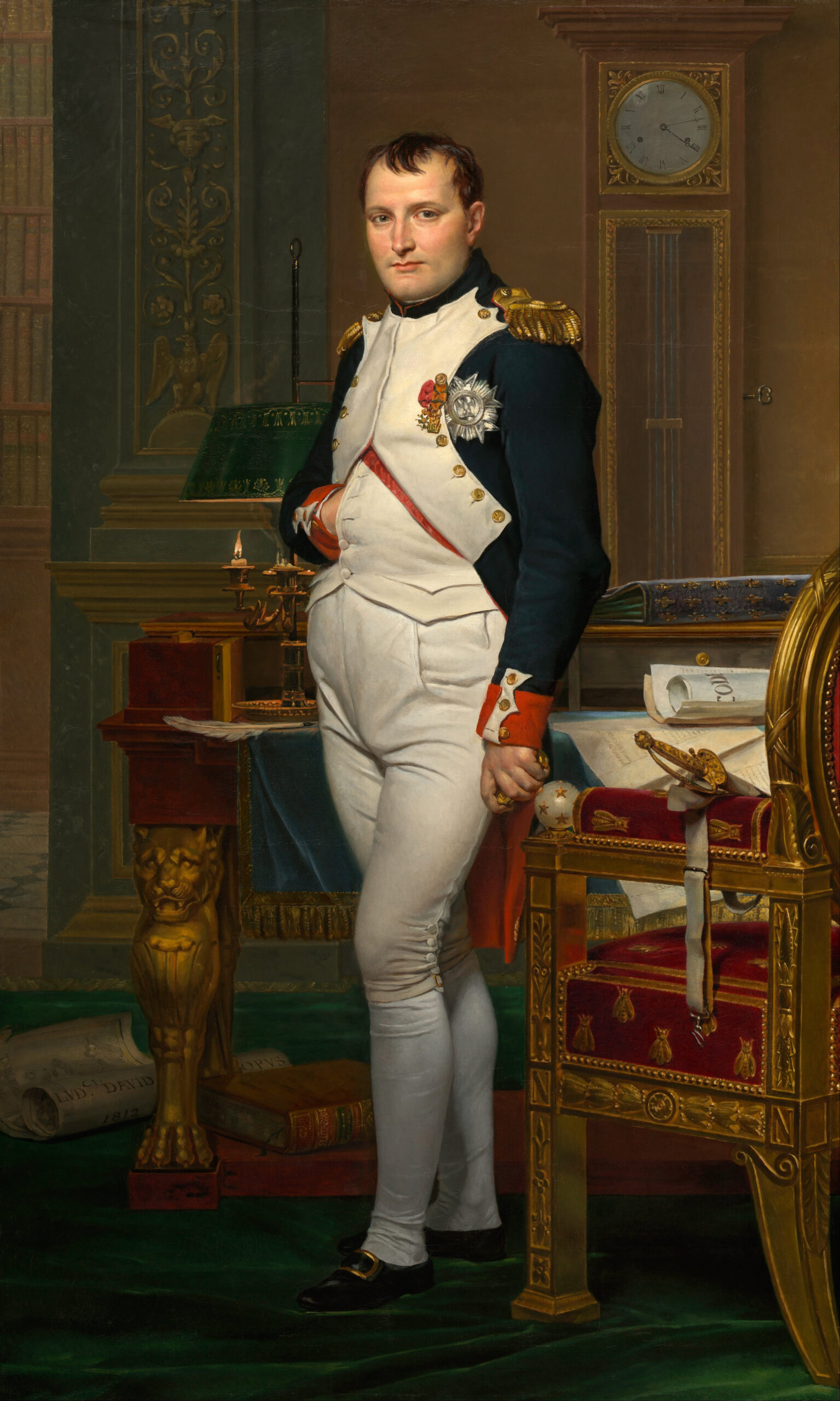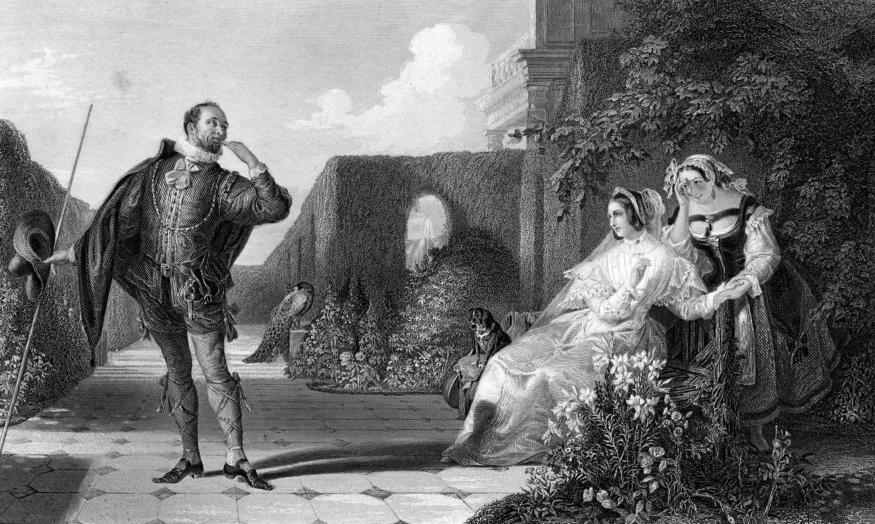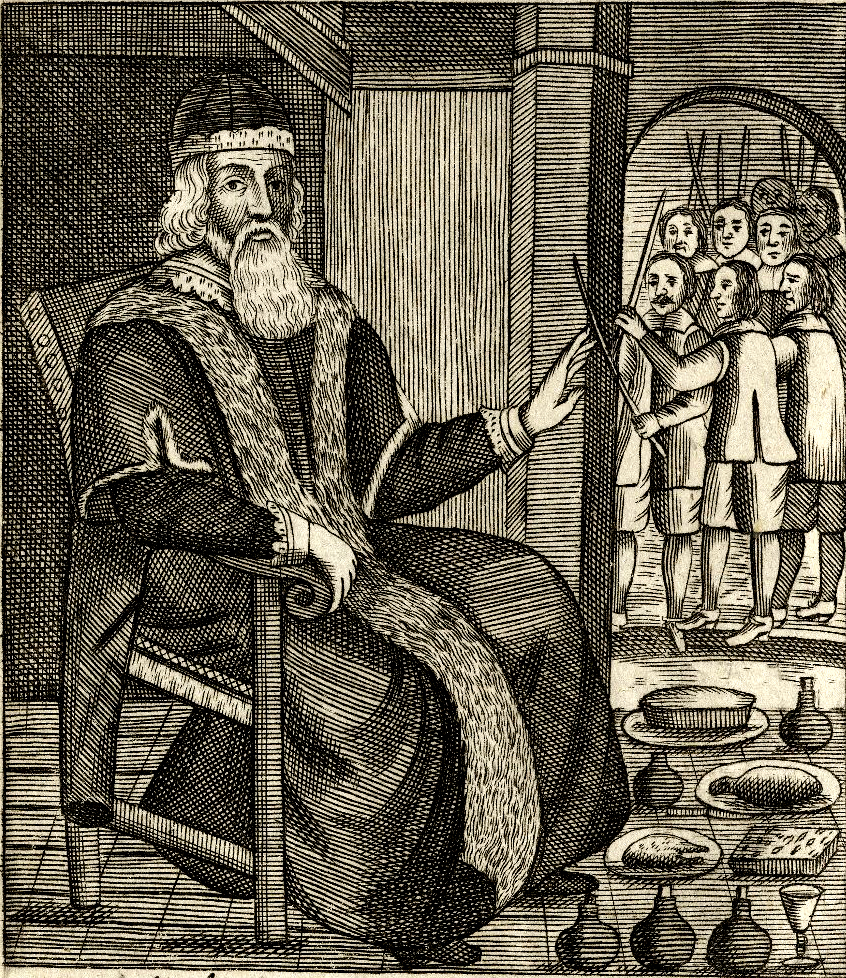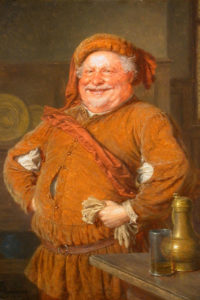What happens when computer scientists want to figure out what would once have been a hypothetical question? Like, say, “Who was the most important person in the history of the world?” They think like Google:
We rank historical figures just as Google ranks webpages, by integrating a diverse set of measurements about their reputation (including PageRank, article length, and readership) into estimates of their fame, explained by a combination of achievement (gravitas) and celebrity. We correct for the passage of time in a principled way, so we can fairly compare the significance of historical figures of different eras.
I’ll just tell you — Shakespeare comes in at #3. #1 probably won’t surprise many people, but I think that #2 might.
There’s a link right to their WhoIsBigger site, which looks like it could be fun to play with. It looks like it might be broken, though — I’m in “American Writers” and the top category is dominated by Howard Stern, Angelina Jolie, director Ed Wood and professional wrestler Jon “JBL” Leyfield. I don’t even know what category that’s *supposed* to be.
They also have a book Who’s Bigger?: Where Historical Figures Really Rank
, which could probably be some interesting bathroom reading material for that college student relative you haven’t bought for yet. 🙂







